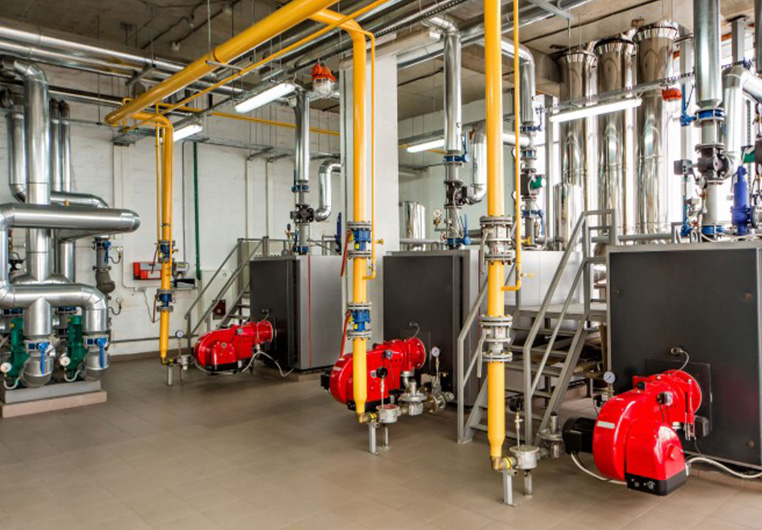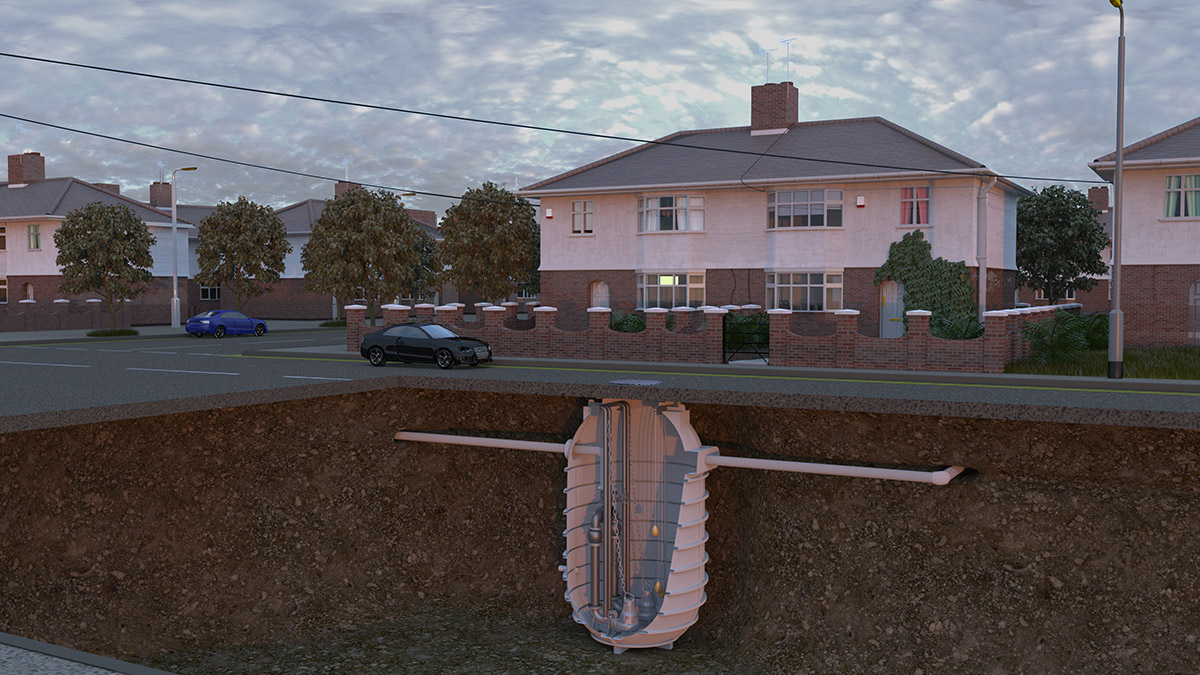Ensuring Your Pump is Maintained Correctly
 Posted on 14th June, 2015 by Dura Pump
Posted on 14th June, 2015 by Dura Pump 
The government legislation, ESOS (Energy Savings Opportunity Scheme), requires large companies to prove their commitment to saving energy throughout their businesses. Here, we look at what companies should be looking for when it comes to the latest in energy-efficient pumping and employing reliable solutions for the longer term.
“Pumps can easily be overlooked but it’s important that the systems are regularly reviewed to ensure maximum efficiency. When systems are regularly maintained they are less likely to fail, but we do come across situations where emergency work is often needed for those which haven’t been serviced in a while.
“We’ve recently completed work with a hospital which called us at 9am in the morning, after the second pump in its twin head heating pump system was not working, and the first was out for repair with the existing supplier, causing there to be no heating in one of the hospital’s wings. To add to the challenge, the failed pump in question was no longer in production and spares were limited. Yet we can source any brand of pump where available, and even replace obsolete units.
“Though the site was 90 minutes away from our workshop, we made it to the site by midday and were able to recommend a suitable replacement for emergency next-day delivery after a thorough assessment of the system. It is so important that healthcare facilities understand the importance of having a reliable solution in place.
“We’ve also worked on emergency projects with private hospitals where pumps can be critical for operations to take place. A failed heating pump at one hospital put almost 20 operations at risk when it failed on a Friday afternoon, with operations scheduled for the next morning. We made it to site the same day to examine the failure and diagnose that a new inverter was needed.
“We worked proactively within our network and managed to order, receive and begin installation of the new inverter the same evening. The unit was then programmed, tested and commissioned by 9pm the same day.
“The prospective complications and knock-on effects of cancelling the surgeries could have been potentially catastrophic for the hospital, and the patients who were waiting for serious appointments. All 20 operations went ahead smoothly and patients were none the wiser that there were any issues.
“While we’re able to offer rapid response solutions and can adapt our expertise to most environments, we do still encourage facilities managers to ensure that the pumps they have on site are up to date and the most efficient systems that they could be using, as a proactive maintenance programme reduces long term costs where emergency repair is typically very costly.
“Equipment which isn’t maintained is more likely to fail catastrophically, whereas maintained equipment can be monitored and worked on long before an issue becomes a major problem. The concept of maintenance is to reduce ongoing costs and downtime, and to provide peace of mind that our customer’s systems can reliably provide flow how they need it.”




